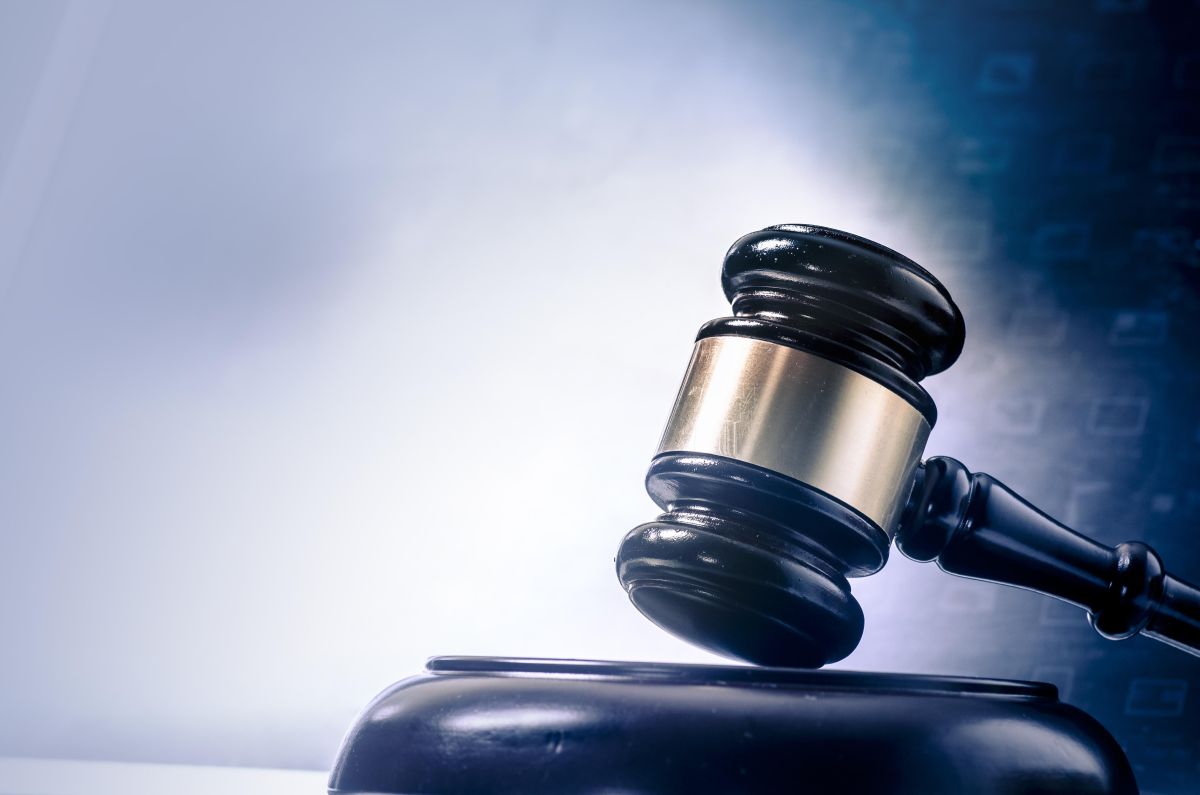Three people were recently sentenced to prison and ordered to pay restitution for their roles in a Jamaican lottery scam that bilked elderly U.S. victims out of $1.1 million, according to the U.S. Attorney’s Office for the Middle District of Pennsylvania.
Caron Pitter, 48, Rohan Lyttle, 49, and Charlene Marshall, 44, were sentenced to 66, 97 and 34 months, respectively and three years of supervised release. In addition, each defendant was ordered to pay $245,000 in restitution to certain victims of the lottery scam.
The three defendants were found guilty of conspiracy to commit wire fraud and mail fraud and conspiracy to commit money laundering at the end of a two-week jury trial in November 2023.
In addition, Pitter was convicted of several counts of mail fraud, and Lyttle was convicted of multiple counts of mail fraud, wire fraud and interstate transportation of goods taken by fraud.
A fourth defendant, Rohan Lytle Jr., 27, was charged with some of the same offenses, and he remains a fugitive.
The defendants operated an auto body shop in Queens, NY, known as RoCars Auto and an affiliated used car dealership based in Kingston, Jamaica, known as Rolcam Company Limited. They used the proceeds of the lottery scam to purchase and repair salvage vehicles from online vehicle auctions and ship those vehicles to Rolcam Company Limited for sale to customers in Jamaica.
The defendants, who are all lawful permanent residents of the U.S. originally from Jamaica, stole the money from victims of their lottery scam between 2017 and 2020.
The evidence at trial showed a person based in Jamaica posing as a representative of Publisher’s Clearing House contacted elderly Americans by phone and email and falsely told that they had won multimillion-dollar prizes, but needed to prepay taxes and other fees in order to claim their winnings.
The elderly individuals were then directed to make payments in various ways, including by sending packages containing tens of thousands of dollars through the U.S. Postal Service, UPS and Federal Express. In addition to cash packages sent by mail, the victims transmitted funds through bank-to-bank wire transfers, Zelle, MoneyGram and Western Union.
Victims were also defrauded in other ways. The scammers gained access to victims’ credit cards and Amazon accounts to purchase goods, such as mobile phones and televisions. They also obtained debit cards for victims’ checking accounts and used those cards to make cash withdrawals at ATMs in Jamaica.
Several victims testified at trial. They included a 79-year-old former resident of Mechanicsburg, PA, a 71-year-old resident of Philadelphia, PA, and a 91-year-old resident of Walterboro, SC. Collectively, these victims lost more than $1.1 million to the scheme.
The victim from Mechanicsburg testified he was also told he had won a new Range Rover, in addition to his cash prize. He was directed to pay for and ship more than $15,000 in parts from a Land Rover car dealership to RoCars Auto in Queens, under the false pretense that his vehicle was in need of upgrades before it could be sent to him. The evidence at trial showed the defendants used these parts to repair a 2019 Land Rover that they purchased from an auction. After repairing it, they shipped it from RoCars Auto to Rolcam Company Limited in Jamaica, where it was sold to an buyer believed to be associated with the lottery scam.
The defendants used various means to disguise their receipt of victim funds, including distributing the money among each other so that the funds could be deposited in a variety of bank accounts and exchanged for cashier’s checks so they would not appear in bank accounts at all. The defendants also regularly broke up larger amounts of cash into smaller amounts to make their deposits look smaller in size, to evade banks’ reporting requirements for large cash transactions.
The case was investigated by the U.S. Postal Inspection Service. Assistant U.S. Attorneys Ravi Romel Sharma and David C. Williams prosecuted the case.














